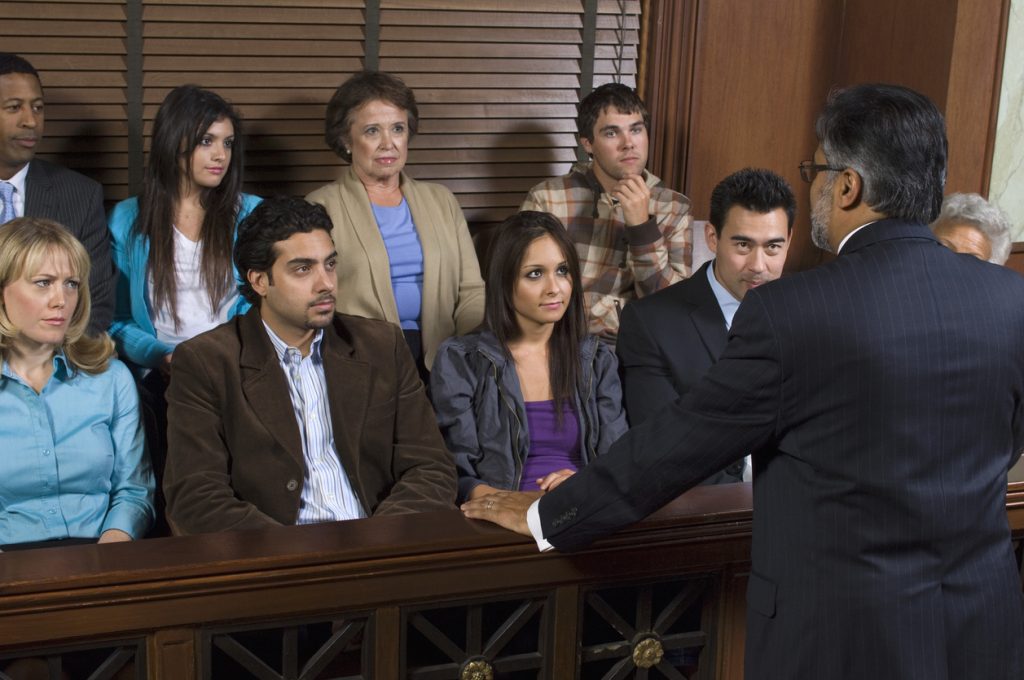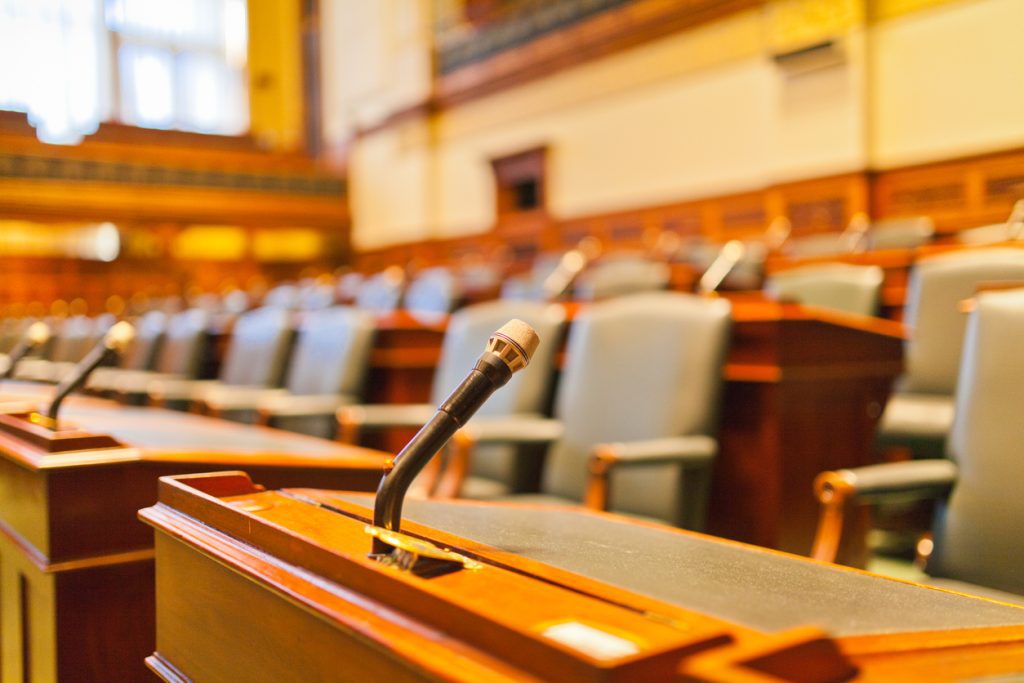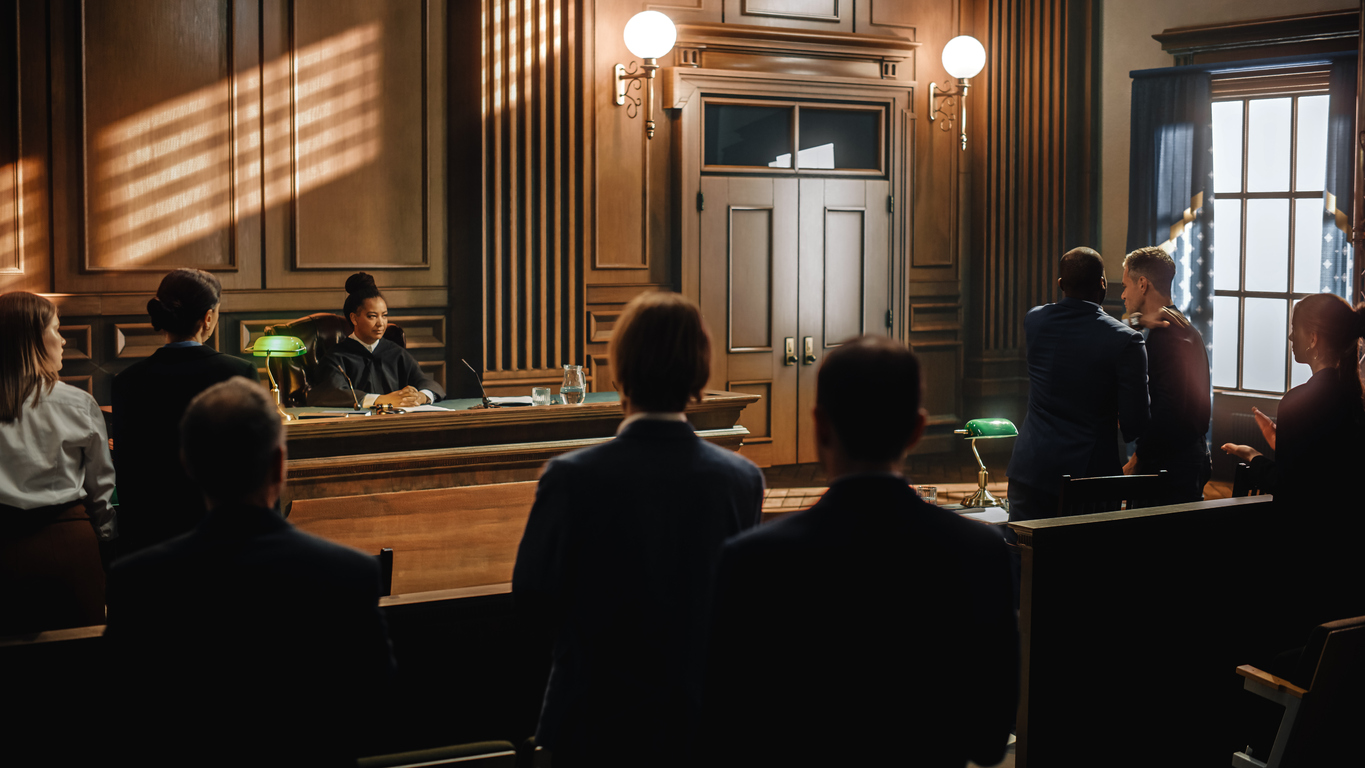Witnesses are critical components of a case and can help prove the innocence or guilt of someone accused of a crime. A person on trial can call a witness to testify on their behalf in a criminal case. In addition, they can cross-examine (or, more simply, question) the witnesses called by the prosecution.
Who can you call as a witness in a criminal case?
A witness is someone who saw or heard the events in question and has information about the alleged crime or the people involved. At a criminal trial, the defense and the prosecutor can call witnesses to testify about what they know under penalty of perjury. Witnesses who lie under oath can face perjury charges and potential prison time.
There are generally three types of witnesses:
Lay Witnesses
A lay witness, also known as a fact witness or eye witness, is the most common type. This is someone who saw the events first-hand and can describe what they saw for the judge and the jury.
When available, the testimony of lay witnesses is preferred to refute circumstantial evidence. Circumstantial evidence is evidence that can help the court infer something important even if it does not prove it.

Expert Witnesses
An expert witness is a specialist, meaning someone with education and experience in a specific area relevant to the case. The testimony of an expert is grounded in scientific research and professional experience, which is why courts consider the testimony reliable.
Expert witnesses are called upon to present knowledge that ordinary people would not usually know. Expert witnesses often include psychiatrists, therapists, doctors, forensic scientists, blood splatter technicians, psychologists and handwriting experts.
Character Witnesses
A character witness is acquainted with someone involved in the case, such as the accused, a victim, another witness or a whistleblower. Character witnesses are not usually first-hand observers of the alleged crime.
Their role is to help the judge and jury understand the nature of the people involved and who they are as human beings, especially before the alleged crime occurred. Friends, family, co-workers, business colleagues, neighbors, church members, pastors, priests and others often serve as character witnesses.
At trial, the judge and the jury make character assessments of the people involved. For example, the accused’s moral make-up for honesty is in question in cases of embezzlement or fraud. Character witnesses attesting to the person’s history of honesty could be valuable.
How do witnesses impact a criminal trial?
The defense can avail itself of fact witnesses, experts and character witnesses to mount a defense at a criminal trial. Fact witnesses can have a significant impact, especially to counter circumstantial evidence.
Expert witnesses can also be a game-changer for the defense, although the cost of expert testimony is sometimes exorbitant.
Character witnesses provide facts and assessments that can bolster the accused’s character and lack of motive or intent in the eyes of the court. However, sometimes their testimony gets discounted as they are usually family members or people very close to the accused.
Not all witnesses are willing to appear at a criminal trial voluntarily. Some may do so only if they get a subpoena. And their testimony is only allowed if it is admissible under the rules of evidence.

The Takeaway:
People on trial have the opportunity to present testimony from fact witnesses, experts and character witnesses. Doing so may help to undermine the prosecution’s case and the credibility of the prosecution’s witnesses. The defense team may have to compel a witness to appear at a criminal trial.






